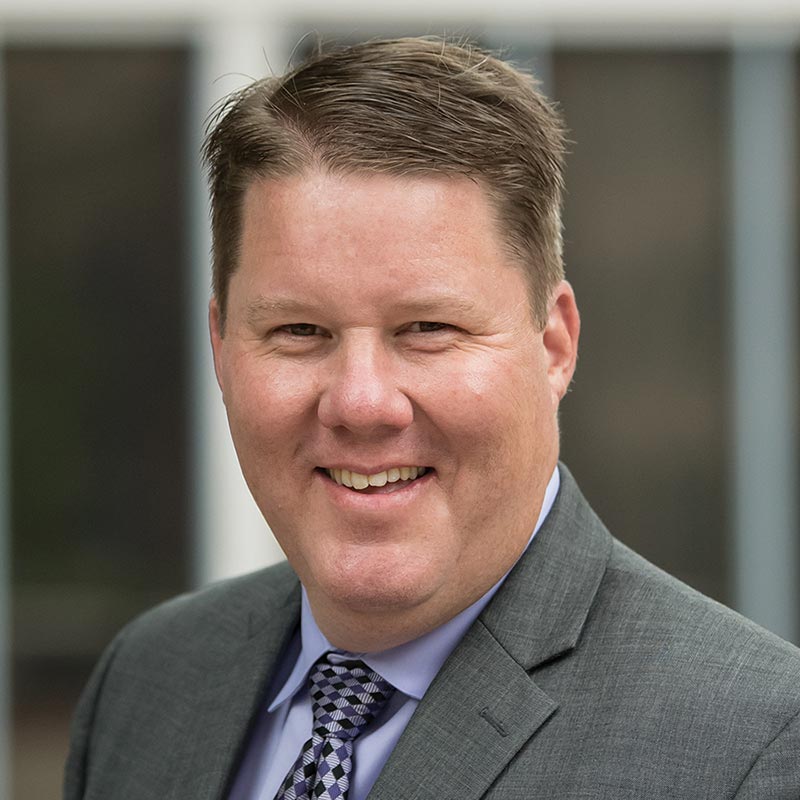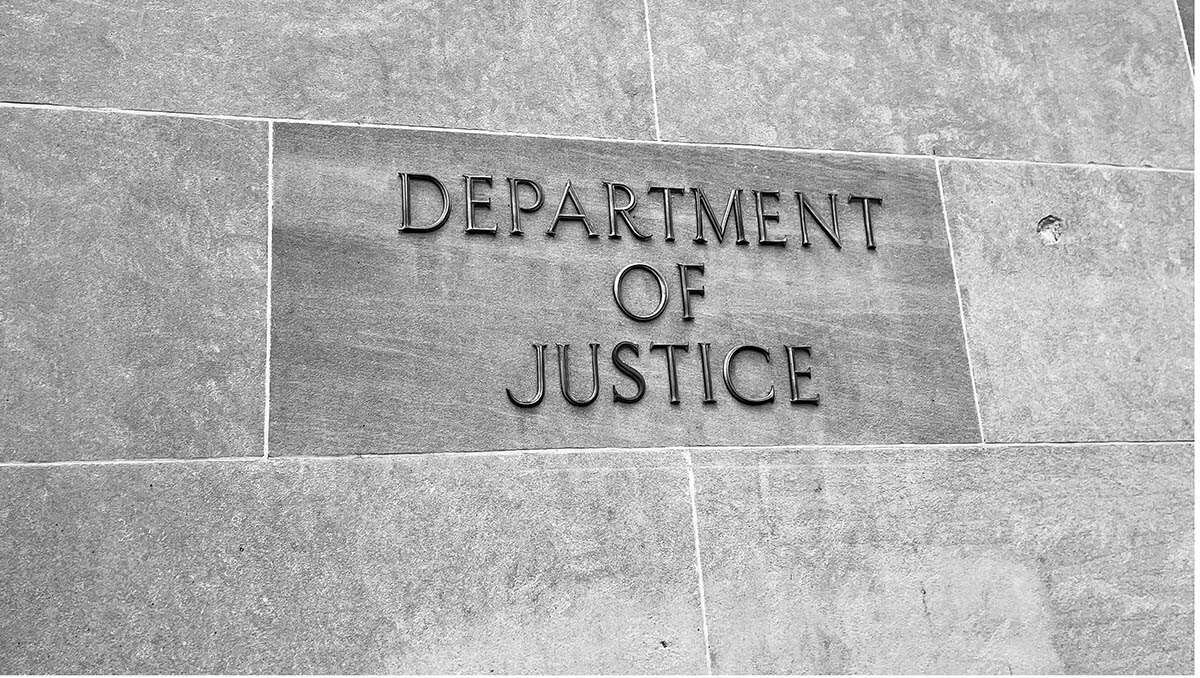UPDATE: The Corporate Transparency Act May Still Apply to You
On March 1, a district court judge ruled that the Corporate Transparency Act (CTA) is unconstitutional. However, his decision applied only to the...
2 min read
 Brian Sweeney, CPA
:
December 17, 2019
Brian Sweeney, CPA
:
December 17, 2019

ESOPs come with a variety of advantages for the sponsoring company, the selling shareholders, and employees alike. For shareholders considering selling to an ESOP, a 1042 rollover can be a great tax deferral opportunity. Furthermore, while access to the proceeds from a sale is generally restricted in life, it is possible for the heirs of the selling shareholder to completely avoid capital gains taxes on the sale of the stock to the extent the replacement property is held on by the shareholder at their death.
The ability to defer tax on your ESOP transaction with an IRC Section 1042 rollover depends upon many factors.
This property includes stock and bonds of companies that are domiciled within the United States. They must use greater than 50% of their assets to actively sustain their trade or business and no more than 25% of income can be passive investment income.
If the QRP is later sold, capital gains tax will be recognized because the basis of the replacement property purchased is reduced by the gain being deferred. Sometimes, financiers or brokerages will lend you money against a portfolio containing equities such as QRP, which may allow access to some of the cash.
Whether or not the 1042 election is right for you depends upon your situation and objectives. It typically makes the most sense when the cost basis of shares sold directly to the ESOP is relatively low and you are looking at a large capital gains tax bill. It is also more advantageous if the seller will be able to hold the QRP for a long period of time.
Another thing to consider is whether you have heirs to whom the qualified replacement property can later be transferred at the stepped-up basis you receive on death. This strategy makes the capital gains tax disappear. Even if you don’t eliminate the tax on gains by holding it until your death you only pay tax on the stock as it is sold which can still make the election beneficial. Furthermore, you are permitted to make an election for a portion of the proceeds rather than the whole amount allowing flexibility.
All in all, while the election does limit much of your ability to access proceeds from the sale of shares to an ESOP in a tax-deferred manner, the tax benefits can be beneficial to both you and your heirs.

On March 1, a district court judge ruled that the Corporate Transparency Act (CTA) is unconstitutional. However, his decision applied only to the...

Bookkeeping is strategically important for every business because financials form the foundation for daily operations and future planning....

In a decision issued March 1, 2024, U.S. District Court Judge Liles Burke ruled that the Corporate Transparency Act (CTA) is unconstitutional....